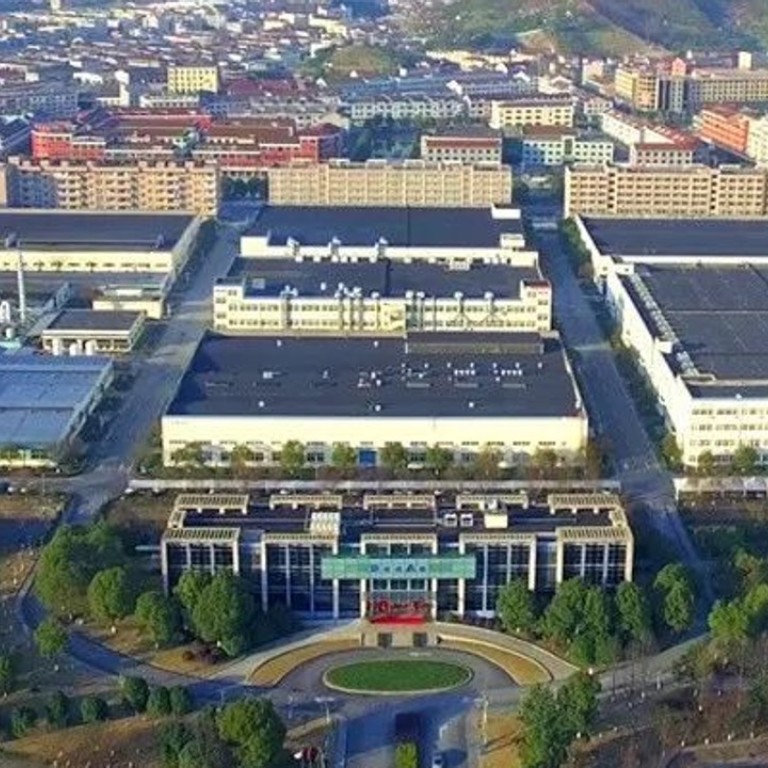
Stop the bleeding: private firm sends SOS over China’s debt-cut efforts
Zhejiang-based DunAn Group is appealing to its home province for a bailout as the central government tightens its grip on financial risks
The bad news from private Chinese manufacturing conglomerate DunAn Group reached a head this week, catching many investors off guard.
The 31-year-old group based in Hangzhou, Zhejiang province, announced it was cancelling plans to issue two short-term bonds to raise a total of 900 million yuan (US$141.57 million) as well as suspending trading in two bonds and the stocks of two listed subsidiaries.
The announcement came just days after the group, which employs about 29,000 people, made a direct appeal to the province’s governor, Yuan Jiajun, for a bailout.
According to an internal document seen by the South China Morning Post, the group said it was facing a liquidity crisis as nationwide deleveraging efforts in the financial system pushed up the cost of corporate financing.
The group, which started out making air conditioner and refrigerator components before branching out into agriculture and financial services, had 42 billion yuan in liabilities and 64.8 billion yuan in assets by the end of last year.
The debt pile has risen to 45 billion yuan, including payable bonds worth 12 billion yuan and loans mainly from banks and financial institutions in the province, according to the document.
“If a credit default happens, it will deliver a serious blow to many financial institutions in Zhejiang and may even cause systemic risks,” the group said.
The plea comes as Beijing tries to stamp out financial risks by tightening its grip on shadow banking, issuing new rules for the asset management industry, and consolidating financial regulation.
Analysts said deleveraging would not change any time soon as a policy focus, but the slow expansion of overall credit and declining corporate profits could hit growth later this year.
Julian Evans-Pritchard, senior China economist from consultancy Capital Economics, said one major problem with China’s deleveraging push was how it was raising market interest rates, pushing up costs for private companies reliant on more expensive, non-bank ways of financing.
“The burden of the campaign is fully on the private sector,” Evans-Pritchard said.
The People’s Bank of China has tried to free up some funding for small and medium-sized enterprises by cutting the reserve requirement ratio last month, but the question remains of whether it’s enough to support private firms.
“It would be wrong to assume that just because we haven’t seen too much pain yet that means we are not going to see firms starting to struggle over the next year or so,” Evans-Pritchard said.
In its appeal, DunAn said it had secured short-term financing from some banks and considered selling assets to ease its debt burden, but it would take at least six months to complete some of these transactions and needed provincial government help in the interim.
The call was heard. On Wednesday, the provincial financial regulator organised a meeting with the company’s major creditors to come up with some solutions, according to the official Securities Times.
In the meantime, Anhui Jiangnan Chemical Industry, one of DunAn’s listed subsidiaries producing industrial explosives for civil use, said the group’s financing problems could flow on to the subsidiary as well.
The Zhejiang government declined to comment.
But not all of the group’s offshoots are bleeding.
DunAn Artificial Environment, a listed subsidiary with a branch in the US state of Texas, makes the group’s refrigeration equipment parts and is looking to move up the value chain into new energy vehicles and smart control areas. According to its annual report from last year, it had a net profit of 92 million yuan, up 11 per cent from a year earlier.

